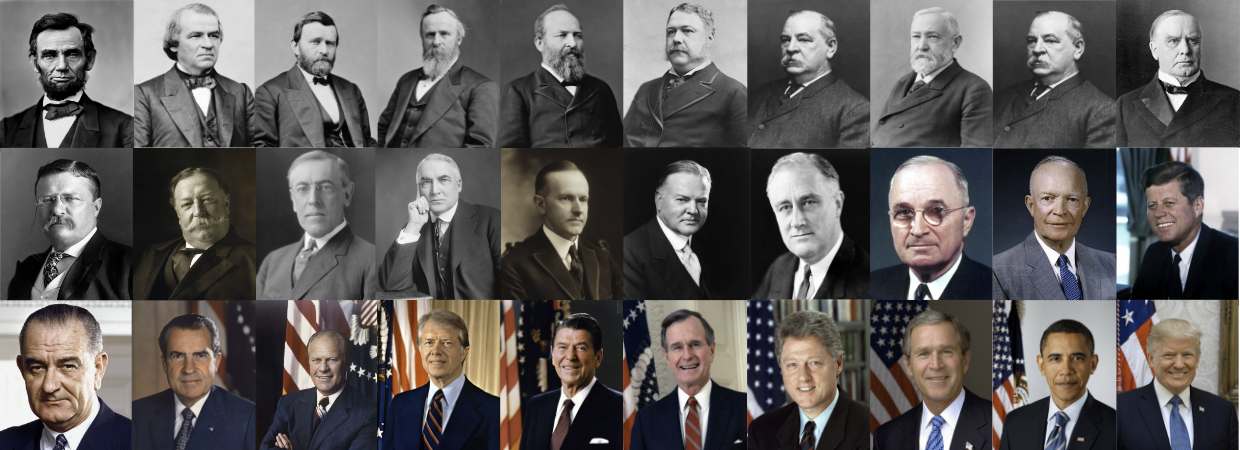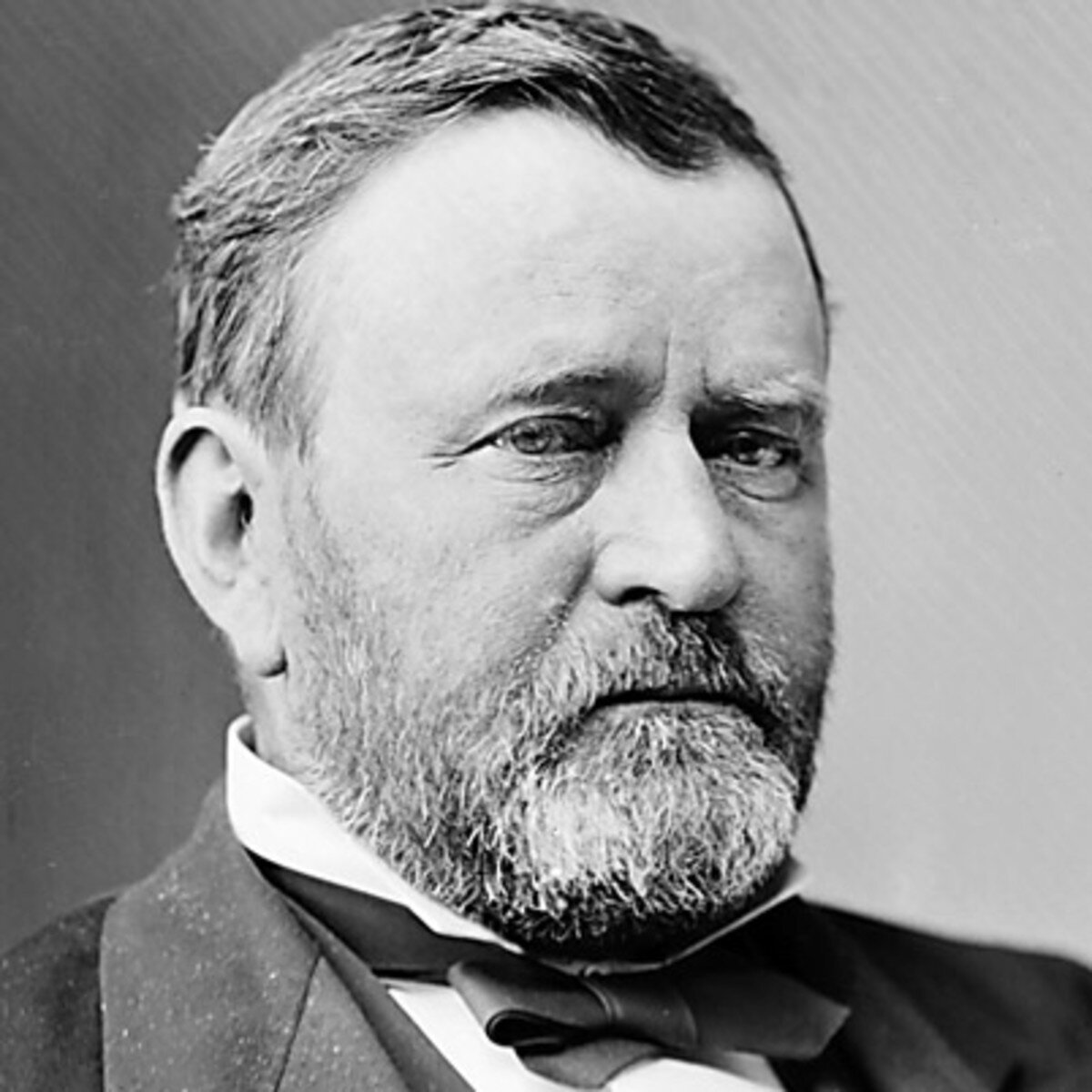
Season One: Race and the American Legacy
The Past, The Promise, The Presidency, Season One: Race and the American Legacy explores one of the most pressing issues in all of American history—the country’s troubled and difficult history of race relations. This season focuses on the history of the nation’s most powerful office, the President of the United States, and its complex relationship with race. Race and the American Legacy tells the full story of our country’s past, and its promise, and what the future might hold. Today, Americans are bound and determined to discuss both race and the presidency, so we figured we should at least get the history right!
Episode 6: James A. Garfield and Chester A. Arthur
Today’s episode is all about Presidents James A. Garfield and Chester A. Arthur. Garfield, the 20th president of the United States, was only in office six and a half months before he died from medical complications following a botched assassination. Just sixteen years after Lincoln’s death, Garfield was the second president assassinated. His vice president, Chester Arthur, served the remainder of his term.
We will learn from two experts about why Arthur’s presidency was dominated by civil service reform, debates over immigration, and conflict over Native American policy—and how the administration might have gone differently if Garfield had survived.
Episode 5: Rutherford B. Hayes
Today’s episode is all about Rutherford B. Hayes, the 19th president of the United States, a man whose name is synonymous with the end of Reconstruction and the rise of Jim Crow in the south. But perhaps his legacy isn’t quite that simple.
Born in Ohio in 1822, he was trained as a lawyer, prior to enlisting in the Union Army during the Civil War. After serving bravely in the war, he was elected to Congress and then as Governor of Ohio. Although Hayes had been a staunch abolitionist, had defended enslaved individuals in runaway court proceedings before the war, and supported Radical Republican Reconstruction programs, he made a deal with the devil to win the presidency. In the 1877 election, Hayes lost the popular vote, but won the Electoral College through a congressional deal that gave him the victory, in return for withdrawing federal troops from the south.
We will learn from two Hayes experts today about why Hayes’ election is often seen as a dividing line in our nation’s history—defining the end of federal government intervention on behalf of formerly enslaved people in the South, and the beginning of a prolonged era of state-sanctioned terror for black Americans. This era also ushered in increased encroachment upon Native American lands and sovereignty—and raised new questions about land ownership and citizenship rights—as the nation moved westward.
Episode 4: Ulysses S. Grant
Today’s episode is all about Ulysses S. Grant, the 18th president of the United States, a man whose story is inextricably intertwined with the history of race in America. He was, after all the, the commanding General of the Union Forces that ultimately won the Civil War, and he was present at every step of the way as the country faced perhaps an even larger task: reconstructing a workable union in the wake of the war.
Episode 3: Emergency Episode! Presidents and Health
Last week, President Donald Trump revealed he has tested positive for COVID-19. While receiving treatment at Walter Reed Medical Center, President Trump's staff and doctors released conflicting and confusing information about his health. But 2020 isn't the first time a president and his doctors have kept information about health a secret. In fact, more often than not, presidents keep their health condition private. This emergency episode gives some more information about George Washington, Franklin D. Roosevelt, Dwight D. Eisenhower, Ronald Reagan, and George H.W. Bush. We also discuss what information presidents owe to the American people and whether they are entitled to privacy about their health like every other average citizen.
Episode 2: Andrew Johnson
Today’s episode is all about Andrew Johnson, the 17th president of the United States, a man whose presidency is synonymous with the missed opportunities of the post-Civil War era. Never elected, Johnson instead became president after Abraham Lincoln’s tragic assassination. Rather than continuing Lincoln’s agenda, Johnson instead undermined black citizenship, and attempted at every turn to thwart the Republican Party’s Reconstruction efforts in the South. He is today remembered as a bitter, angry, and failed president, and the first ever to be impeached by the House of Representatives. But he wasn’t always remembered so harshly. We will learn why today.
Episode 1: Abraham Lincoln
Today’s episode is all about Abraham Lincoln, the 16th president of the United States, a man whose story is at the center of the defining moment in American history. President during the Civil War, Lincoln saved the union and freed enslaved Americans, and thus casts a mighty long shadow over anyone who held office since. Every President since, historians say, has had to “get right with Lincoln.” But perhaps his story is more complex, as we will learn today.
Introduction Episode
In this introductory episode we're unpacking and unraveling the myriad of issues at play in understanding Americas racial history and in the history of the presidency. We start this season out by discussing why we felt compelled to create this podcast, why 2020 feels different, and what we hope to learn and race and the American presidency.







